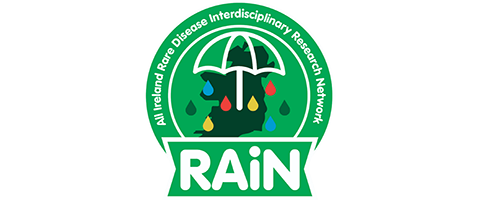What are Rare Diseases?
Rare Diseases at a glance
400M
Estimated that 400 million people globally have a rare disease1
50%
50% of those with a rare disease are children1-3
6,000+
To date 6000-7000 rare diseases have been identified2,3
5 Years
It takes on average 5 years from first visit to a healthcare professional to receive an accurate diagnosis1
95%
95% of rare diseases do not yet have treatments2

72% of rare diseases are genetic which means that the cause may be traced back to mutations (changes) in a gene. Genes carry the information that determines your traits, which are features or characteristics that are passed on to you — or inherited — from your parents.
Most rare diseases of genetic origin occur randomly as the baby develops in the womb, while some are inherited from one or both parents who are carriers of the gene mutation. The exact cause for many other rare diseases remains unknown. Environmental factors, such as diet, smoking, or exposure to chemicals and infections also can play a role in rare diseases.
Examples of rare diseases related to environmental factors include uncommon types of anaemia caused by vitamin-deficient diets or certain medications. A rare cancer caused by environmental factors is mesothelioma, which affects the cells lining the chest space. More than 90% of mesothelioma cases are caused by exposure to asbestos, a fibrous mineral once widely used in fireproofing and insulation materials.
The Rare Disease Clinical Trial Network supports researchers to connect with international experts and bring more clinical trials to Ireland for rare diseases. We work with local and international partners to support patients by providing information about relevant clinical trials and how they can get involved in this research.
Useful links
If you or someone you know has recently been diagnosed with a rare condition, please visit the following sites to find out what supports are available for you:
- Rare Diseases Ireland
- Rare Ireland Family Support Network
- National Rare Disease Office
- Ophanet Directory of Patient organisations
- For more information on rare diseases and research, the Orphanet Journal of Rare Diseases is an open access (i.e. free), peer-reviewed journal that includes all aspects of rare diseases and rare disease medicines (orphan drugs).

Network Partners

















